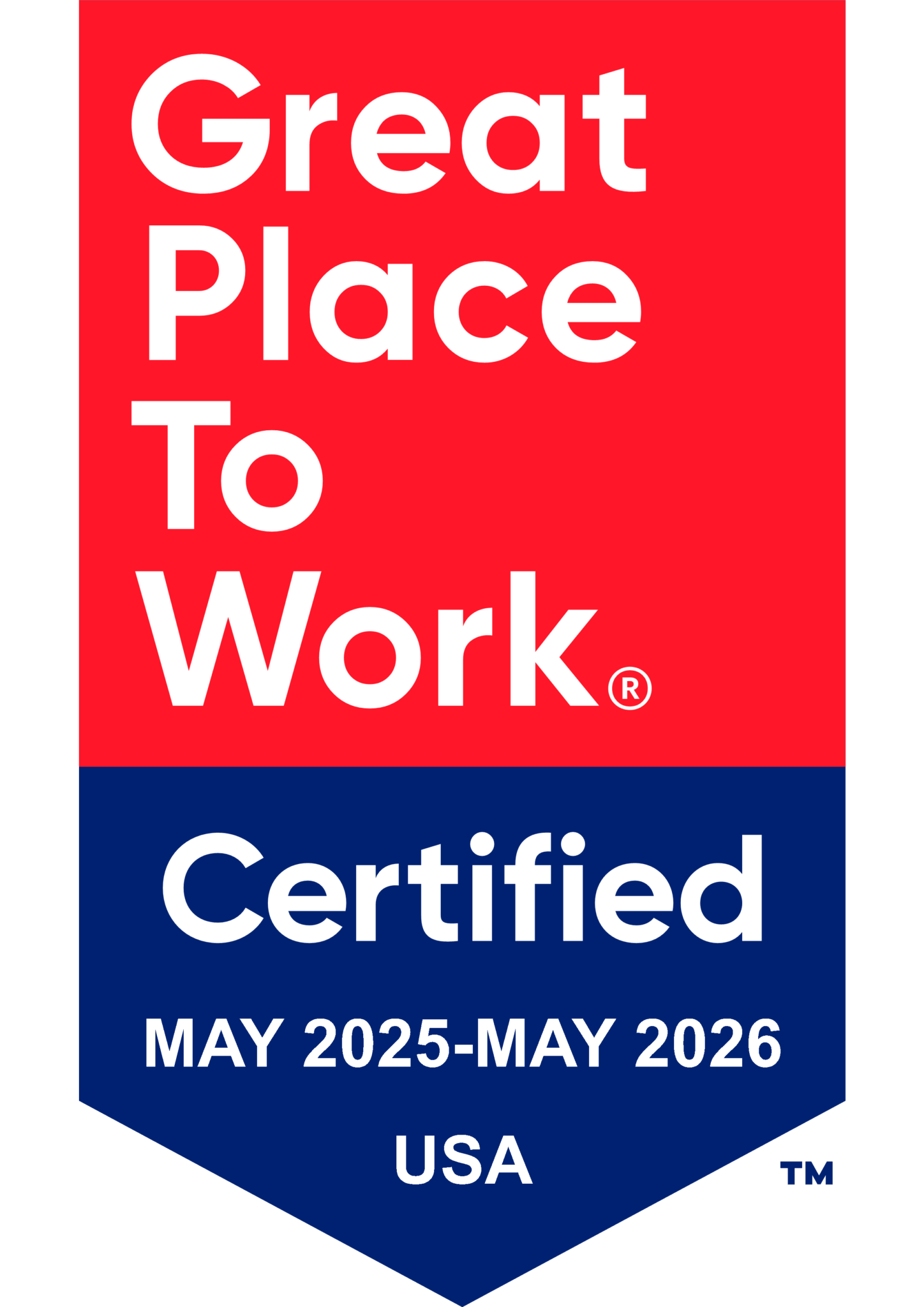If you’re asking yourself, "Why didn’t I get any interviews this season?", you are not alone. Record numbers of applicants are fighting for the same amount of residency positions compared to previous years. Since the 2004 Main Residency Match, there has been a steady incline in the number of applicants vying for the limited number of residency positions in the U.S. Although there has also been an increase in the number of positions offered, the increase in applicants over the past decade has been much more dramatic, therefore, making matching for a residency position much more competitive.
Program Directors are looking for a specific set of criteria to be met by candidates for their programs. Ask yourself the following questions to see if there were any shortfalls in your candidacy that prevented you from receiving interview invites:
Do you meet the minimum requirements?
Every program has different requirements so it is important make sure you meet the minimum criteria to be considered for a residency interview. For example, do you have any attempts on your USMLE Step exams? Do you need the program to sponsor your visa? Most residency programs will not even consider an applicant for an interview if they do not meet their minimum requirements, so do your research and choose programs wisely! In some programs, meeting the minimum requirements will automatically grant you an interview.
Did you apply to highly selective specialties?
Some specialties are much more selective than others. Typically, family medicine, internal medicine, and pediatrics are much less competitive than the more lucrative specialties.
Where are the programs located?
The location of a program also influences its competitivity. Typically, urban and underserved areas are the least-competitive programs. These regions are in need of Primary Care Physicians so internal medicine and family medicine programs are much less competitive in these areas.
Do you have strong letters of recommendation?
To be a strong candidate for residency programs it is imperative to have strong LORs from university-based programs and from high ranking administrators or faculty such as a Program Director or Dean. It is clear to those reading your application which letters are genuine and strong, and which are insufficient and weak, so choose these people thoughtfully!
Do you have US Clinical Experience in your field of interest?
Not only is it important to have US clinical experience on your CV, but experience in the field in which you are applying. Program Directors will also note whether your ERAS application, Personal Statement, and CV reflect your field of interest. Make sure your personal statement addresses why you want to pursue a given specialty and that your ERAS application and CV include references from doctors within that specialty.
Are you well-rounded as a candidate?
In addition to your medical experience and training, having done volunteer and research positions within the realm of healthcare can greatly improve your candidacy for residency. Working as a research assistant to a Program Director will not only provide you with a strong LOR but will also help to improve your skills and techniques Program Directors look for in candidates for their residency programs.
Are You Next?™
Source: http://www.nrmp.org



